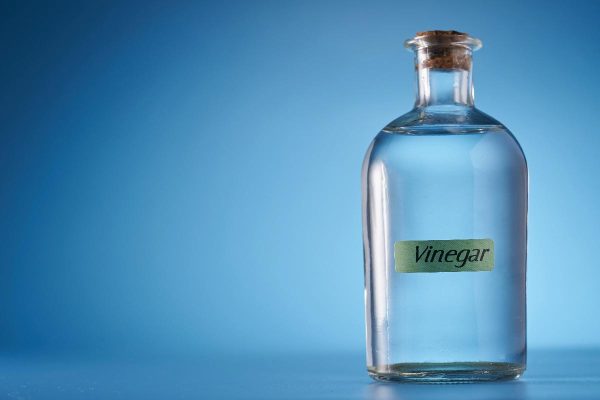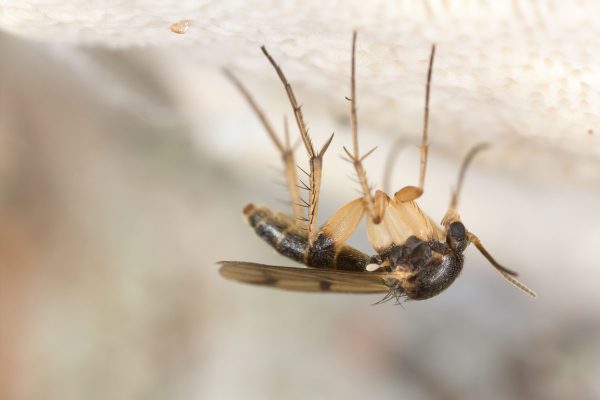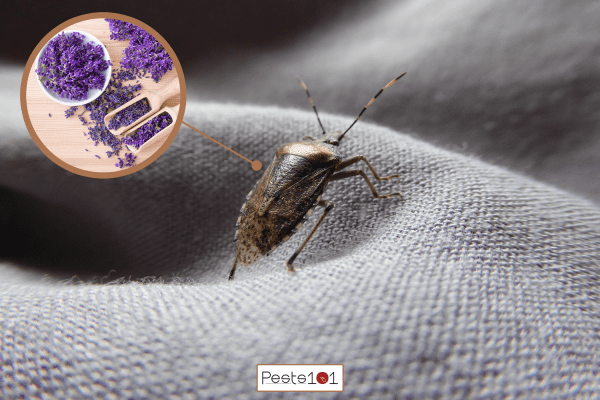Certain pesticides have a recommended schedule for their application to maximize their effectiveness. How about neem oil? More specifically, can you apply this natural insecticide to your affected plants right after it rains? That's what we asked the experts and here's their answer.
Do not apply neem oil after it rains or when the leaves are wet. Being an oil-based pesticide, it won't stick well to the soil or plant if the surface is wet. For best results, use neem oil when the soil and plant are dry to maximize contact of the pesticide and its effectiveness.
Keep on reading so we can explain further why it isn't recommended to apply neem oil after the rain or watering the plants. We'll also tell you how neem oil works, what will happen to your plant if you use too much of this pesticide, and if it is harmful to humans. Let's begin!

Can I spray neem oil on wet leaves?
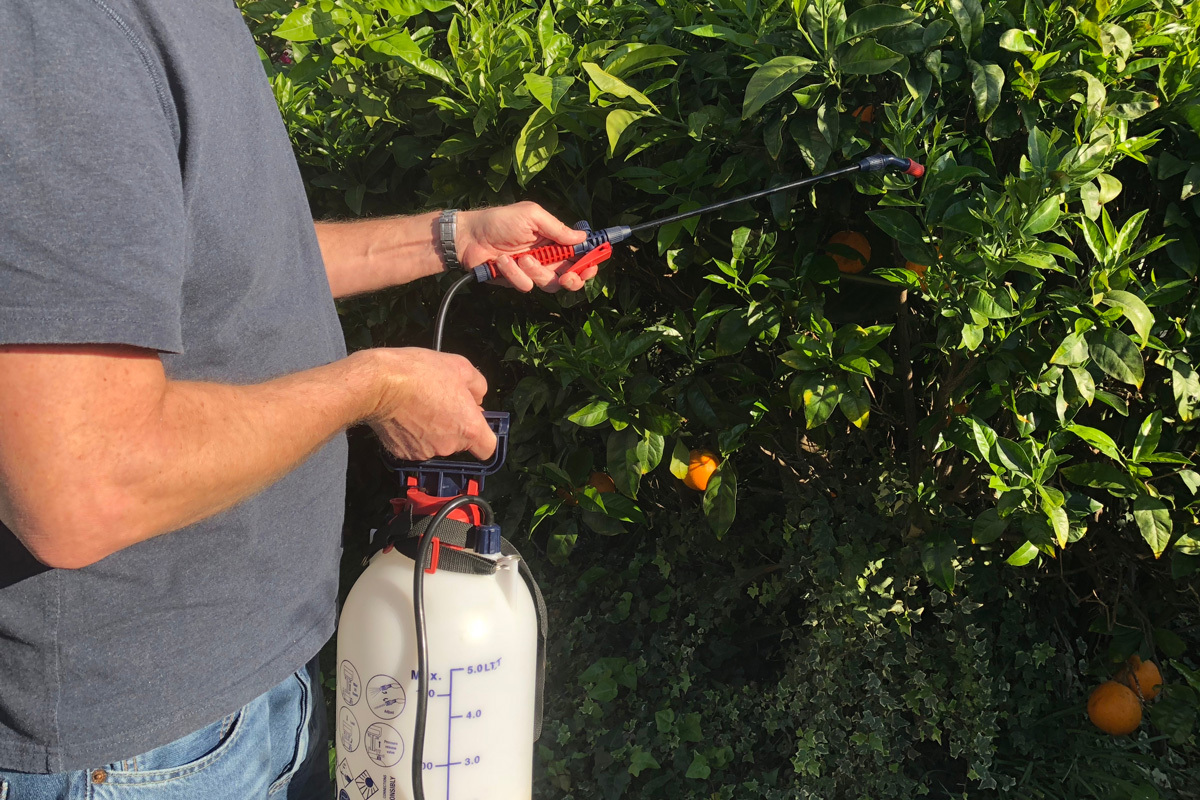
In getting rid of pests, timing is everything. Spray it a little too early or too late and you won't be able to kill as many of these menacing insects as you want. This means it's a waste of time, effort, and money.
When you want to maximize the effectiveness of a given product, you need to know the best time and the right conditions to use it. That's why it's best to read the product information so that you're armed with all the information that you need to make your pest control treatment a success.
In the case of neem oil, it is best to apply this to the affected plant when it is dry. Since it is an oil-based product, we all know that water and oil don't mix well. If there's water on the soil or plant's surface, the neem oil might just run off. Therefore, you can't expect it to be 100% effective in killing pests.
Click this link to find this ready-to-use neem oil garden pesticide on Amazon.
This is why it is recommended that you check the weather forecast before you apply neem oil on your plants in the garden or lawn. The plants and soil would be dry which would ensure the best contact and good absorption of the pesticide.
You can use neem oil for the most part of the year except when the temperatures are extreme and when it is raining or rainfall is expected.
If ever you've already applied neem oil and it rains unexpectedly, you would have to reapply it since the rain will most probably just wash it off from your plants.
In terms of time during the day, it's best to apply neem oil in the early to mid-morning and late afternoon. During these times, the sun is not shining directly on the plants. This would prevent burning the foliage brought about by the contact of the sun's rays with the oil-coated leaves.
With the use of neem oil as a pesticide, we want to maximize its effectiveness without hurting the plant as much as possible.
How does neem oil work?
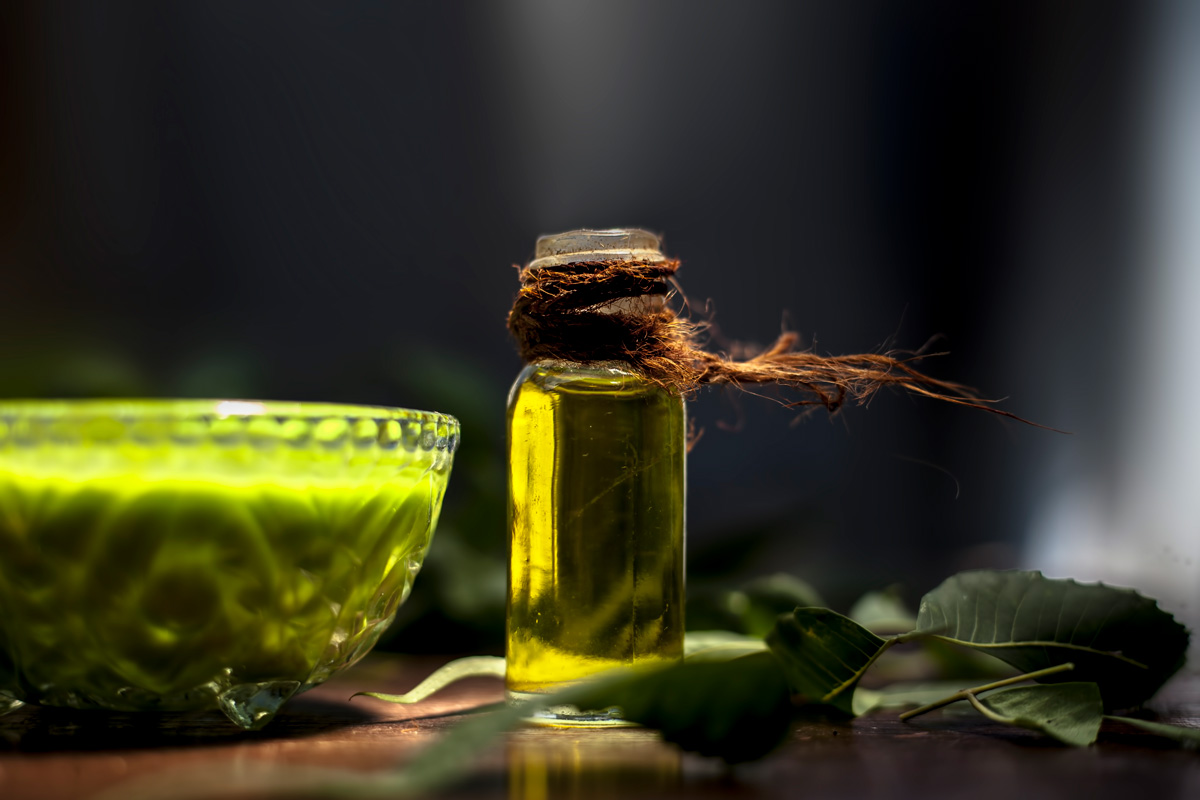
Neem oil is a natural pesticide that has been extracted from the seeds of the Azadirachta indica tree. Its active ingredients are called limonoids and the most potent competent is the Azadirachtin.
Neem oil has been used as an organic pesticide for decades. It is available in ready-to-use formula while some have to be diluted in water to be guaranteed safe to use on your plants.
If you buy a neem oil concentrate, make sure you follow the correct neem oil to water ratio. You might also be asked to use an emulsifier such as liquid soap so that the oil and water will mix well. You can also add other essential oils to enhance the formula.
Check out this 100% cold-pressed neem oil on Amazon.
Neem oil is a systemic insecticide which means that the plant has to absorb it in its vascular system so that when the pests that feast on its leaves and other parts eat it, they'll be able to ingest the pesticide.
That's when it does its thing of affecting the insect's hormones so that it would lose interest in eating and reproducing. The limonoids that are the active ingredients in neem oil also prevent larvae from maturing and act as a repellant so that the pests won't infest your plant anymore.
When you spray this natural pesticide on small soft-bodied insects, the oil can cover their pores and suffocate them leading to their death.
But since most of the time you have to wait until the insects have ingested the pesticide within the plant, expect that you wouldn't see the results right away. It may take three to four days before you see a significant reduction in the infestation.
Neem oil's potency is reduced two days after its application and continues to decline after this period. This is why sometimes you would also need to reapply neem oil to continue deterring the insects from destroying your plants.
You can reapply this organic pesticide after two to three weeks as part of your pest control management.
What happens if you use too much neem oil on plants?
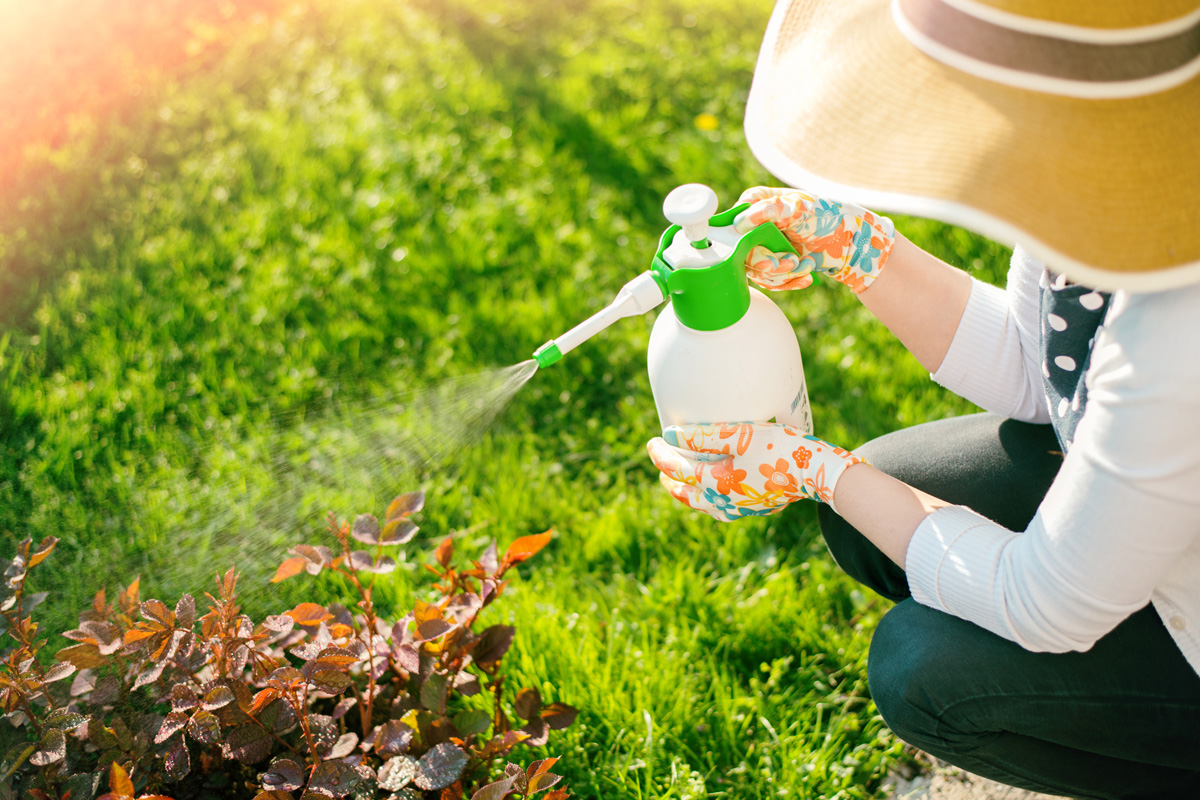
Just because it is a natural pesticide does not mean that you can use neem oil as much as you want. As mentioned earlier, you have to dilute a pure cold-pressed neem oil in water so that it is safe to use on your garden plants.
We've also talked about reapplying neem oil two to three weeks after the treatment. These are your guides on the proper application and schedule when using this pesticide.
When you don't dilute it or you apply neem oil too often, it can damage your plants and even hurt or kill the beneficial insects in your garden.
Sunburnt Leaves
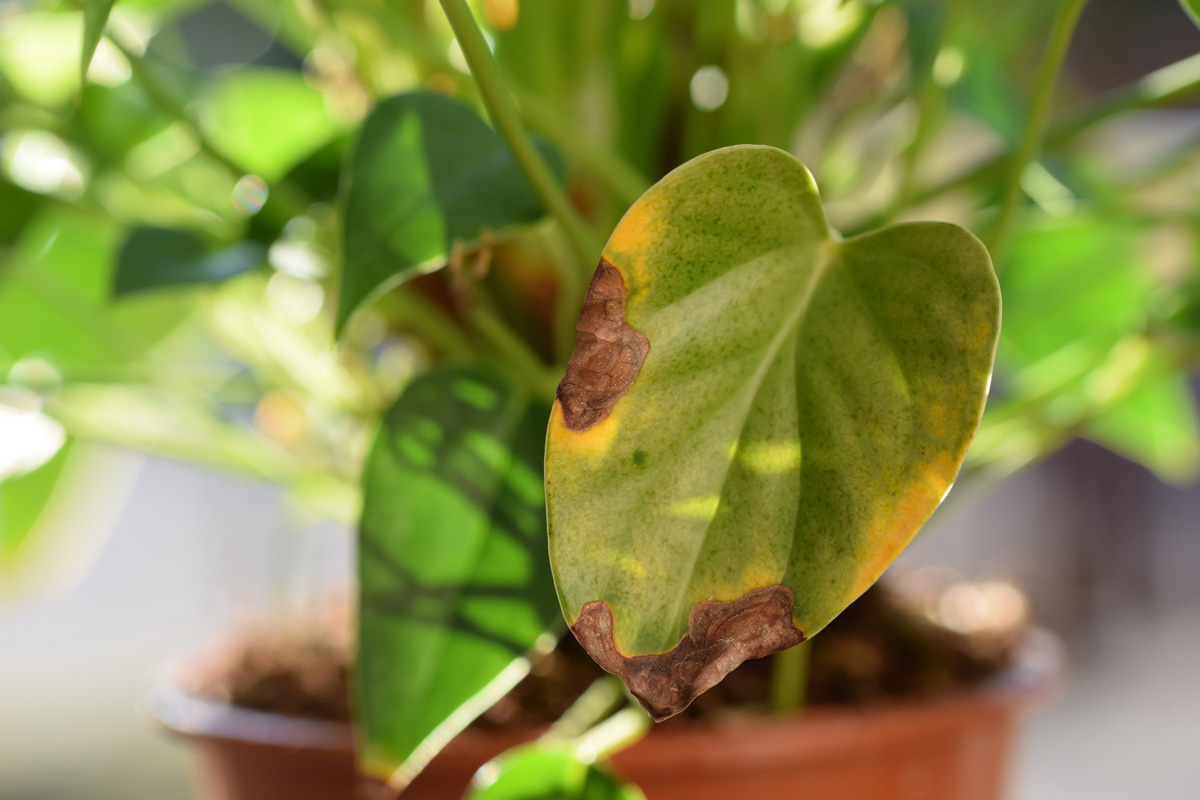
One of the signs that would tell you that you're not using this pesticide properly is when the leaves of your plant get sunburnt. It means that you've applied too much neem oil on the leaves which is why it didn't dry out when the sun came up.
Droopy, Yellowed Leaves
Another sign that you should look out for is when the leaves droop or turn yellow. This tells you that the oil has coated the plant's pores so much so that they can't breathe properly and produce food anymore.
Absence of Beneficial Insects
Lastly, too much neem oil could possibly kill the beneficial insects in your garden. These are the butterflies, bees, and ladybugs. This pesticide should only target the pests who eat or destroy your plants, not the ones that help your garden grow and thrive.
This is why you should follow the instructions regarding the proper application of neem oil pesticides to avoid hurting your plants and the good wildlife around them.
If you've applied too much neem oil, you can remedy the situation by wiping off the leaves with the use of a damp cloth or just spraying the plants with water to wash away the excess oil.
Is neem oil harmful to humans?
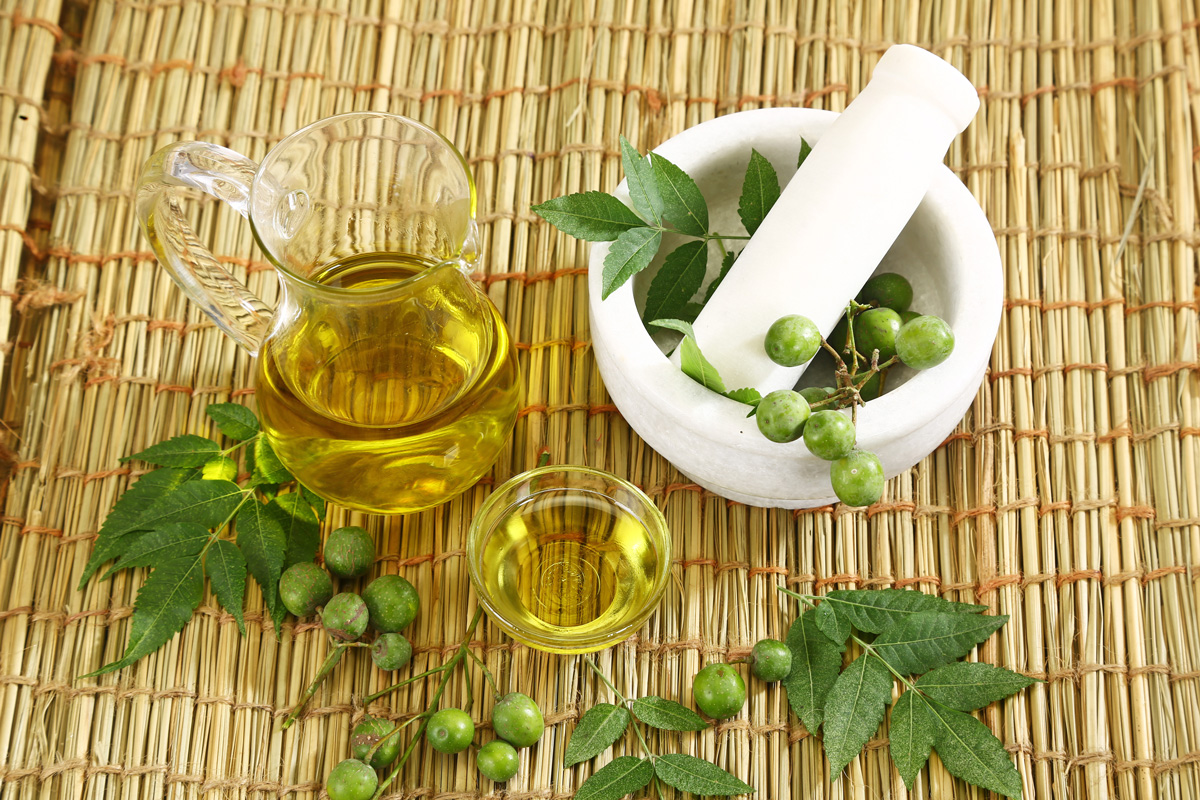
As much as possible, people look for natural ingredients used in pesticides to make sure that they are safe to use around other people especially if they have kids. It is the beauty of neem oil.
It has a low toxicity level which makes it safe for humans. In fact, people all over the world have been using neem oil products for centuries. They are in the form of medicine, soaps, and cosmetics to name a few.
When using neem oil as a pesticide, just make sure you follow the recommended formula and avoid skin contact as much as possible. This product should also not be ingested especially in large quantities to avoid adverse health effects such as metabolic acidosis, liver, and brain damage.
Final Thoughts
Apply neem oil when the soil and plants are dry. Don't use it after it rains or after watering your plants. Make sure the conditions are right and follow the instructions for the correct application to maximize the effectiveness of this product.
To know more about proper pest management in your home, feel free to read the following posts:



